Derms Say These 10 Hydrating Serums Are Dry Skin's Worst Nightmare
Plus, how exactly the humectant works.


Unless you've been living under a rock, I'm going to go ahead and guess that you are aware of hyaluronic acid. It's been cropping up consistently in skincare for many years now, and it's also a major buzzword on TikTok and among dermatologists and skincare experts. It's one of those skincare ingredients that is practically ubiquitous at this point—it's in serums, moisturizers, and, heck, even haircare.
Even if it appears on ingredient lists on the reg, it's still tricky to know which hyaluronic acid product is best for you. I enlisted derms to help me out in learning how to choose a hyaluronic acid serum, who hyaluronic acid is best for, and more.
Hyaluronic acid acts as a humectant, meaning it retains water. "HA is a chain of carbohydrates that has the ability to hold on to water up to 1000 times its weight," says David Kim, MD, MS, a board-certified dermatologist. "It's an ingredient that helps your skin appear hydrated and plump."
There isn't just one form of hyaluronic acid, either—it comes in different sizes that are able to penetrate different layers of the skin. "Each molecule is assigned a molecular weight, which inversely relates to how deep the molecule can penetrate the skin," says Rina Allawh, MD, a board-certified dermatologist at Schweiger Dermatology Group in King of Prussia, PA. The smaller the molecule, the deeper into the skin it's able to penetrate.
It may seem like you'd always want to go for the hyaluronic acid with the lowest molecular weight possible, but that's not always the case. "The advantage of higher-molecular-weight hyaluronic acid serums are the anti-inflammatory and soothing properties, as it forms a durable film with the top layer of the skin," says Allawh. "A low-molecular-weight hyaluronic acid serum is more likely to have a lasting anti-wrinkle and regenerating effect and works in the deeper levels of the skin. As you can imagine, lower-molecular-weight hyaluronic acid serums are able to lock in the moisture in the connective tissue of the skin and, as a result, stimulate firming effects."

Luckily, anyone and everyone can use hyaluronic acid, as it's well tolerated among all skin types. "It is one of the most commonly used ingredients in serums and moisturizers, and it's particularly good for people with oily, acne-prone skin because of its light texture," says Kim.
"The benefits of hyaluronic acid serums or drops is a combination of hyaluronic acid and water, which in fact helps maximize hydration," says Allawh. "Serums typically contain low-molecular-weight hyaluronic acid that easily penetrates to the deeper levels of the skin. An added benefit of small molecule size is that it may be easily combined with other hydrating ingredients such as ceramides and essential fatty acids as well as brightening lactic acid."
Keep reading for the best dermatologist-approved and editor-favorite hyaluronic acid serums out there.
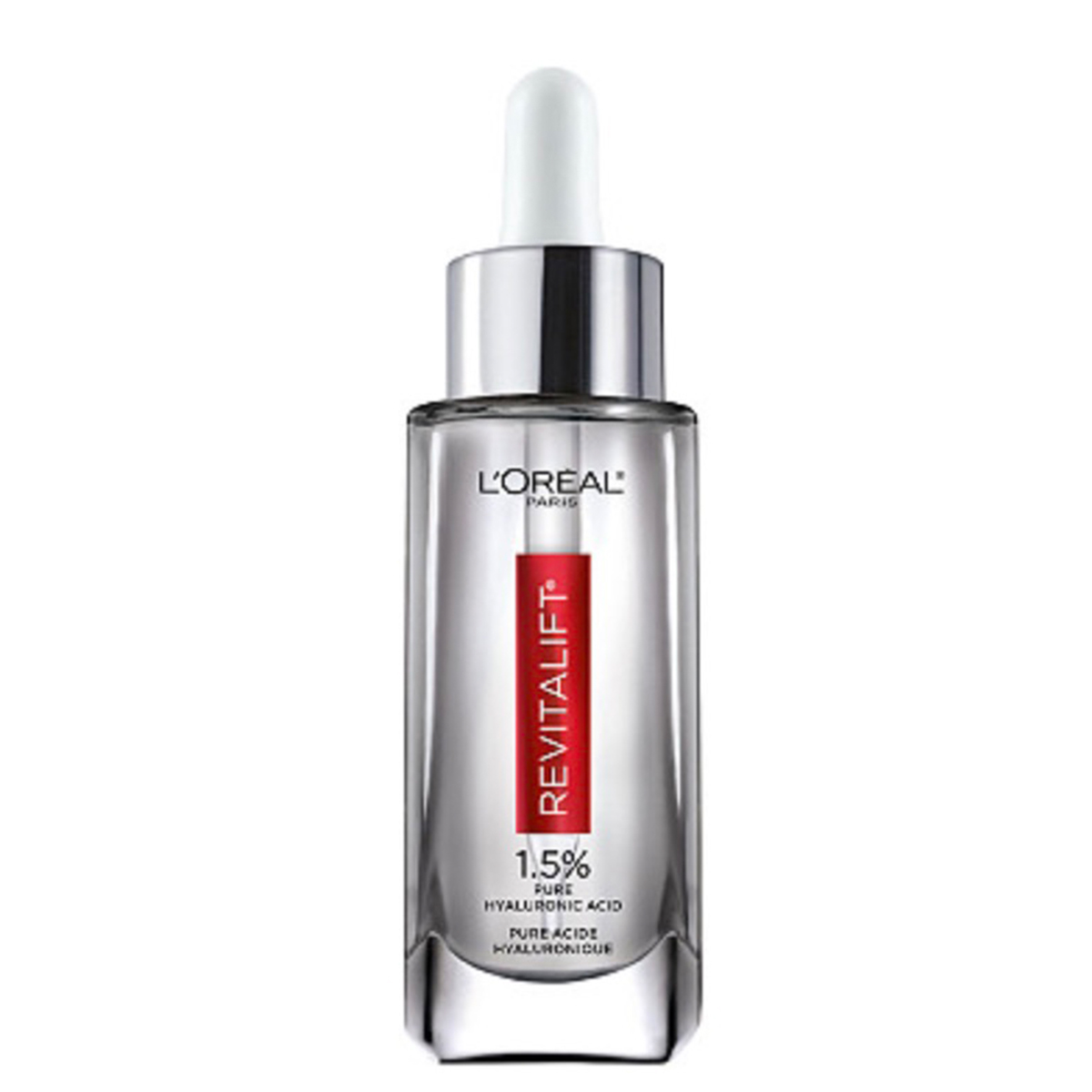
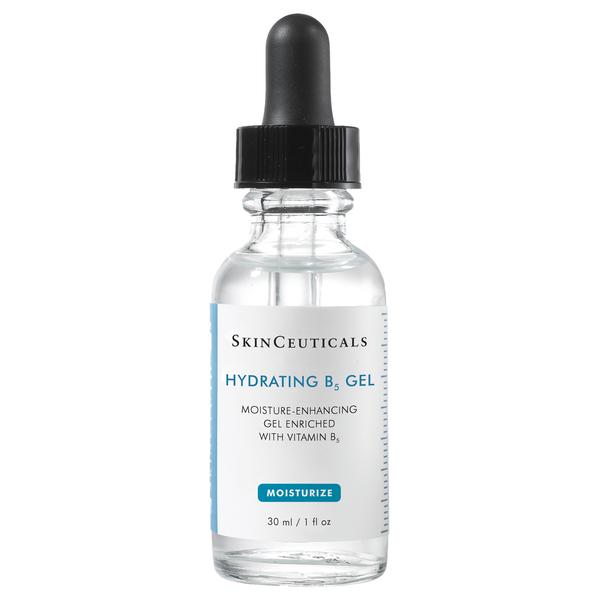
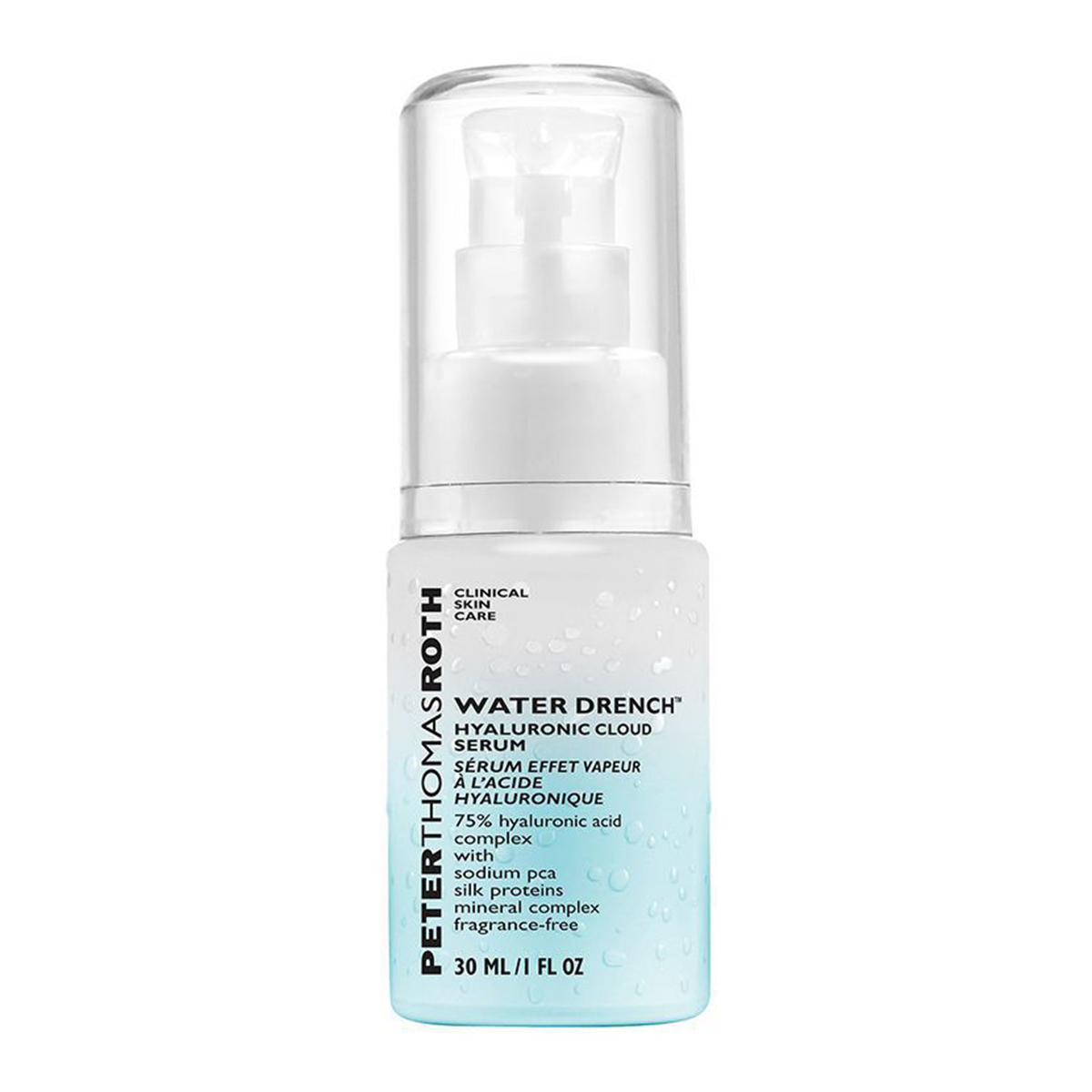
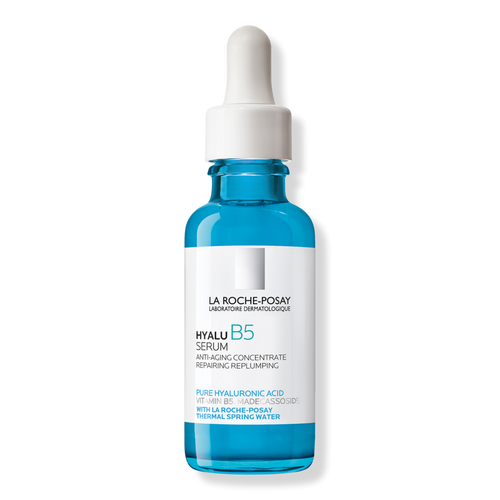
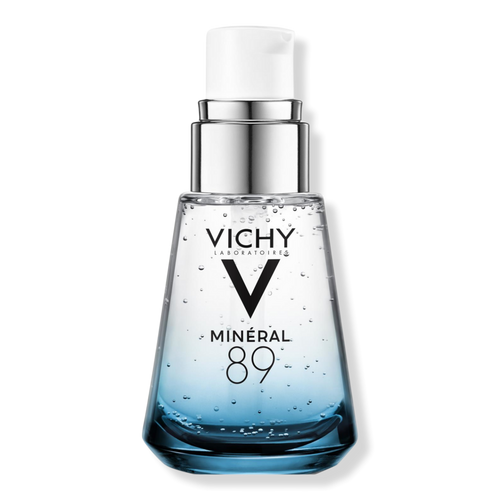
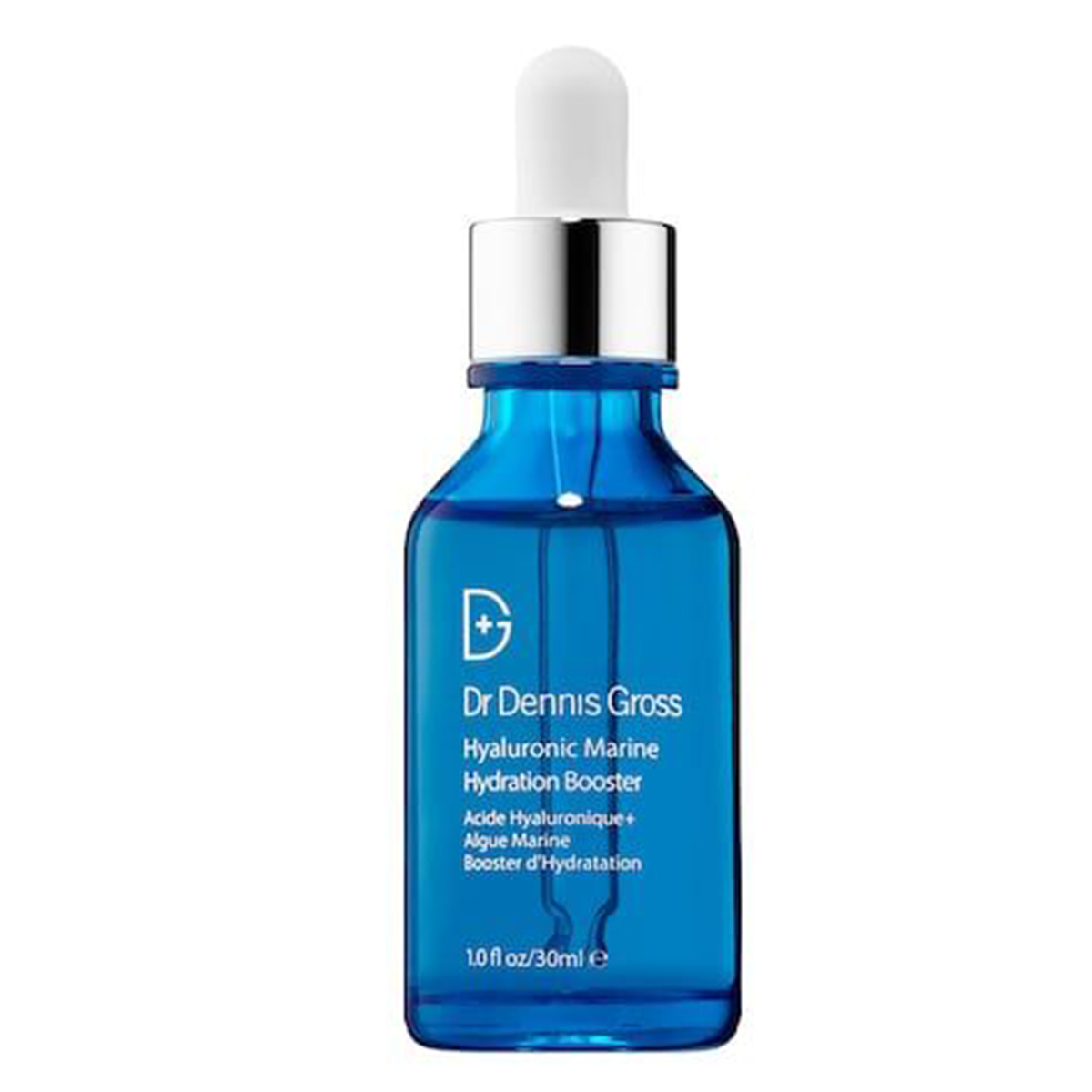
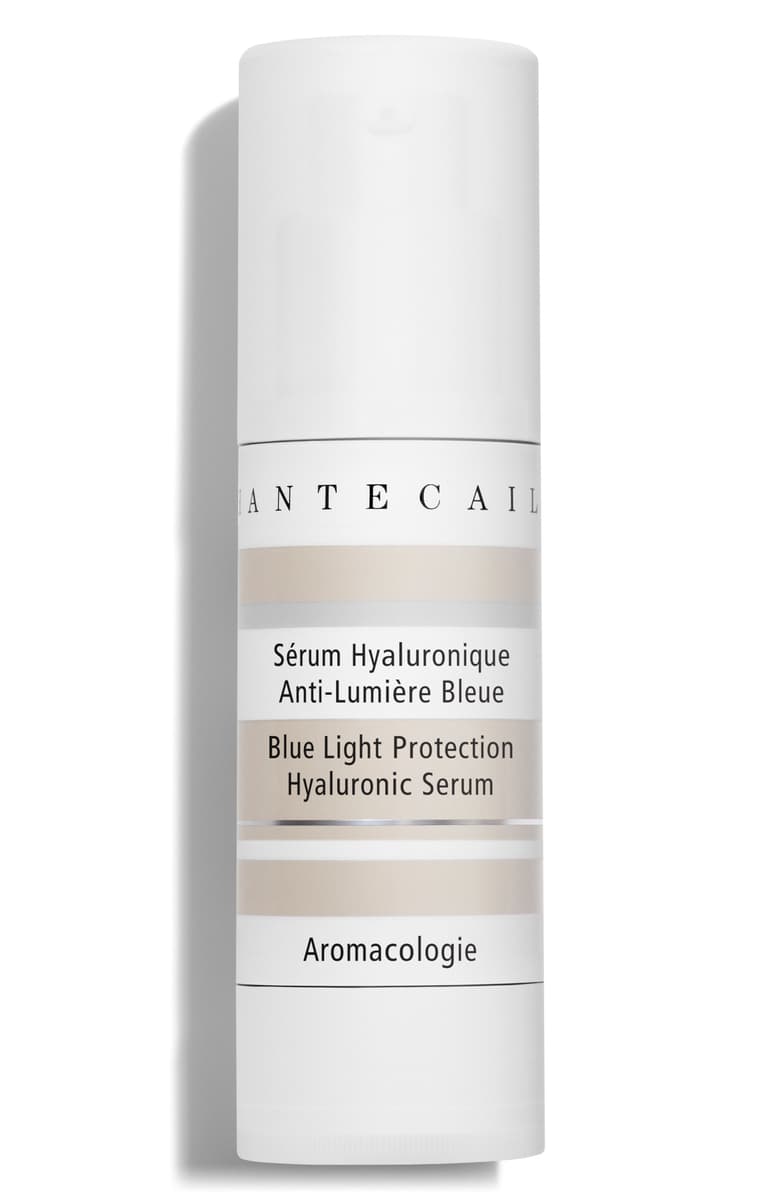
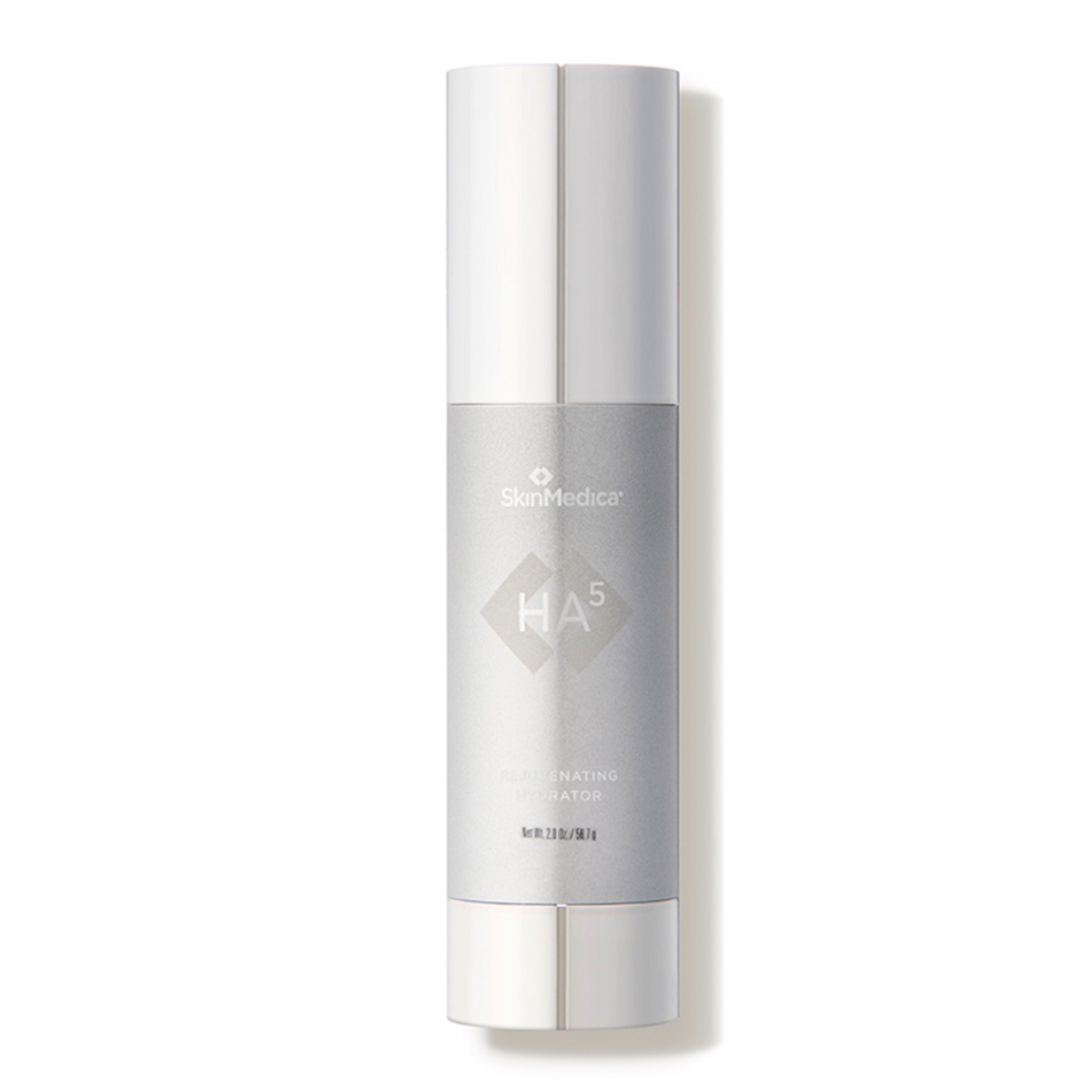
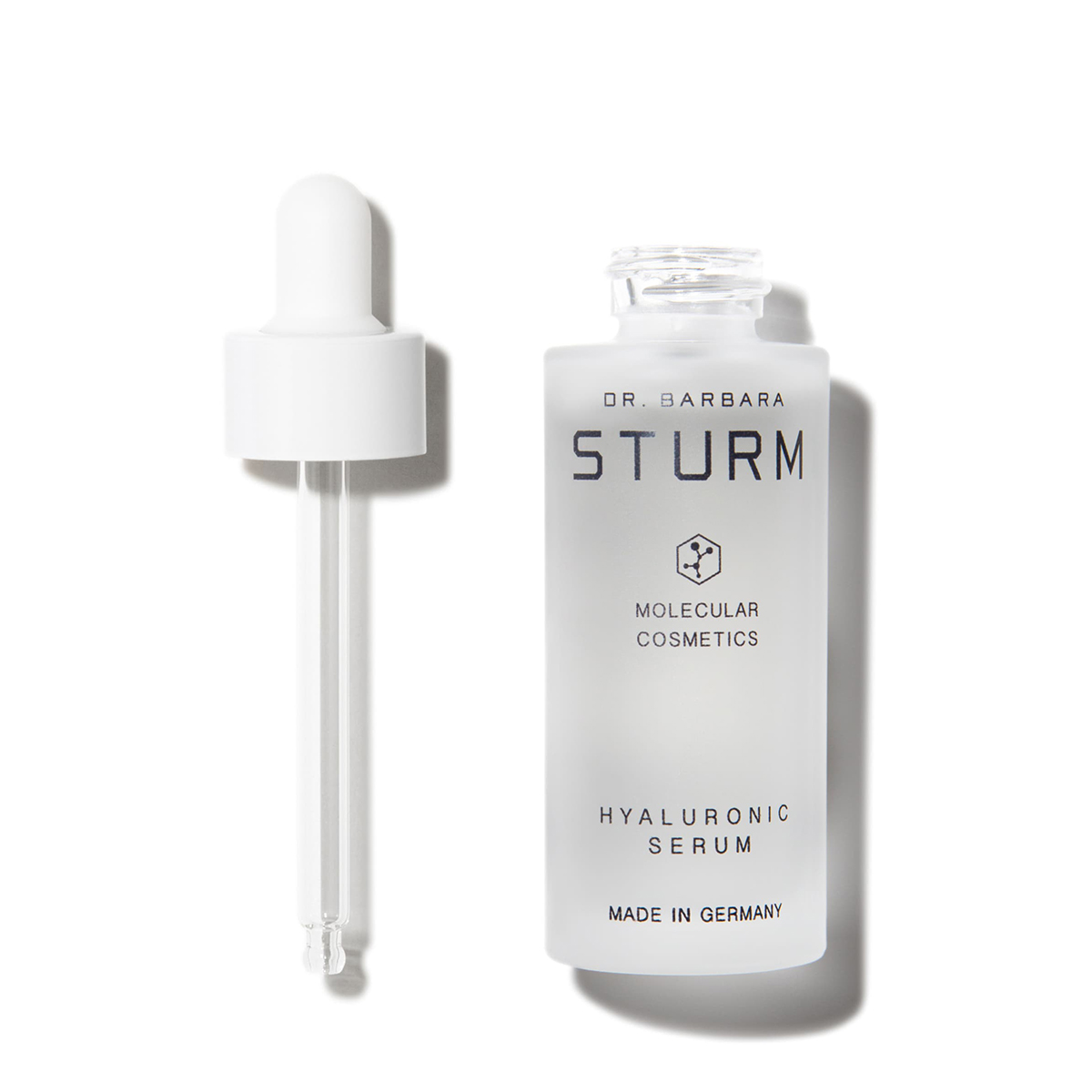
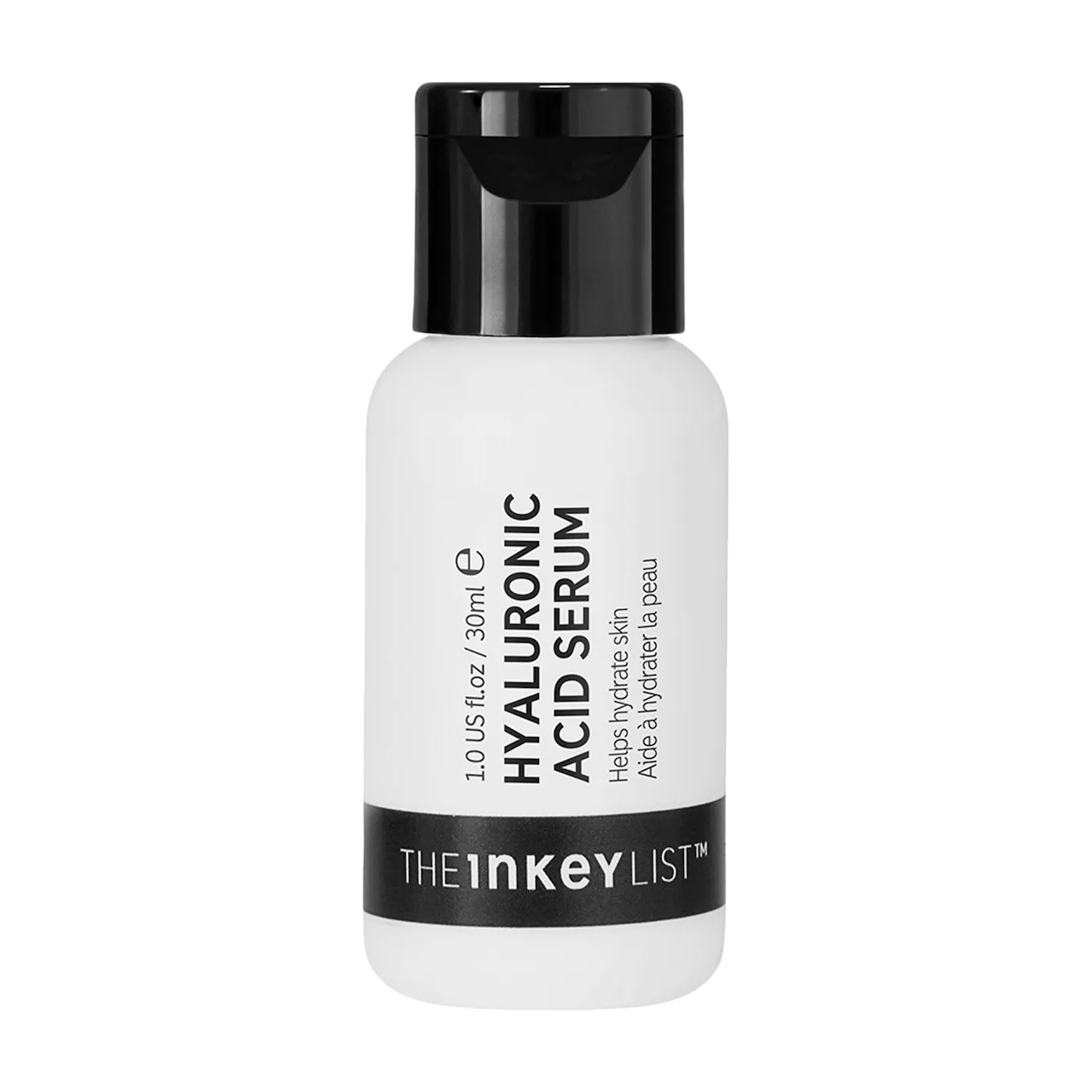
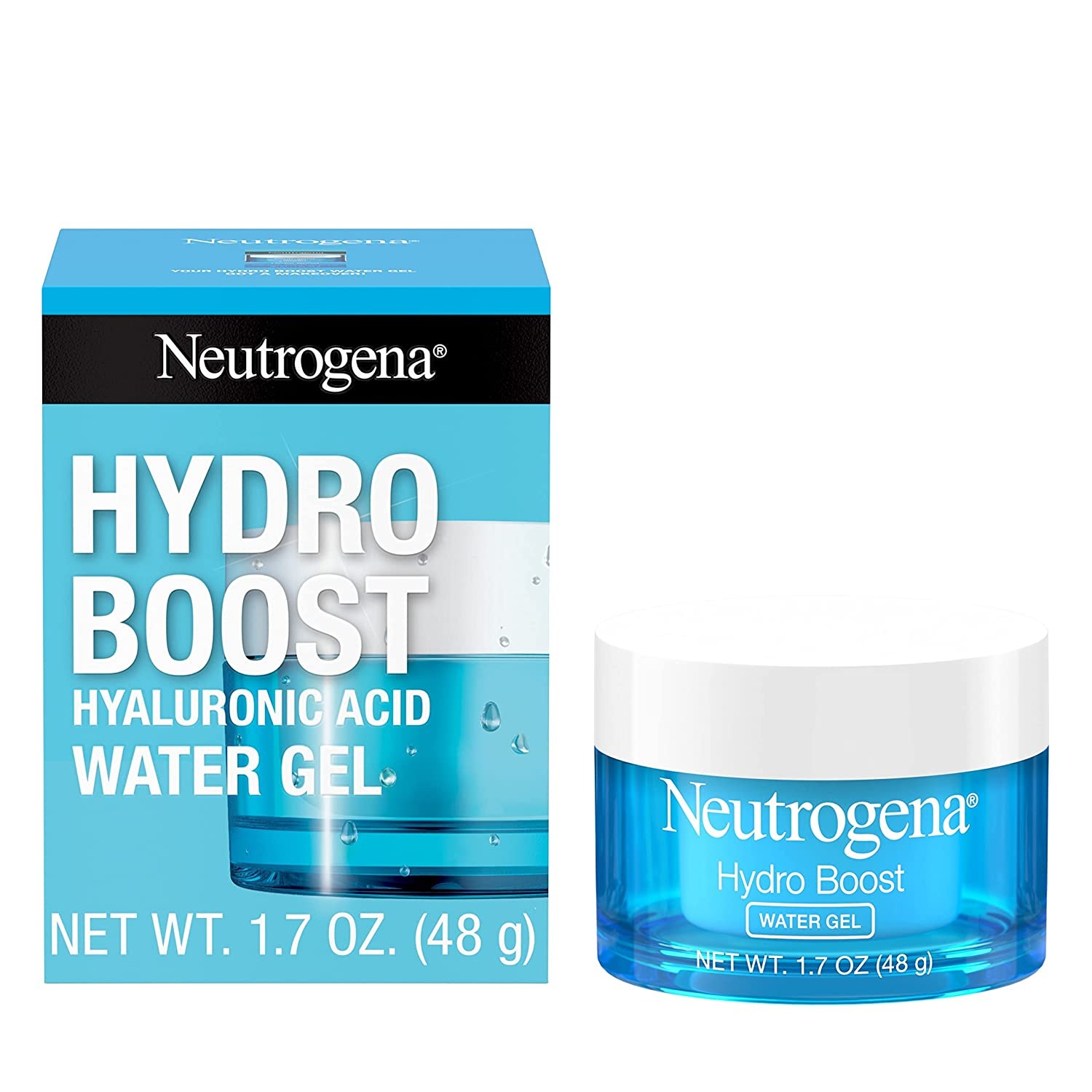
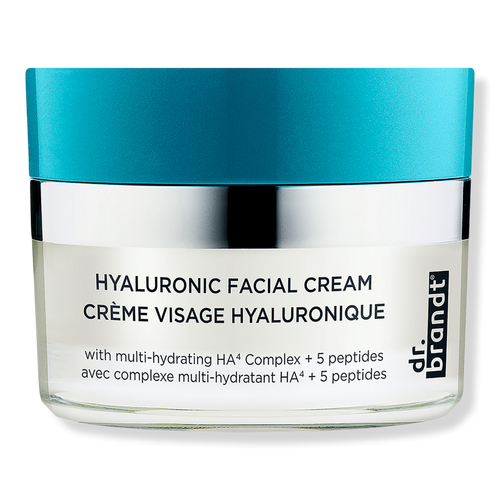
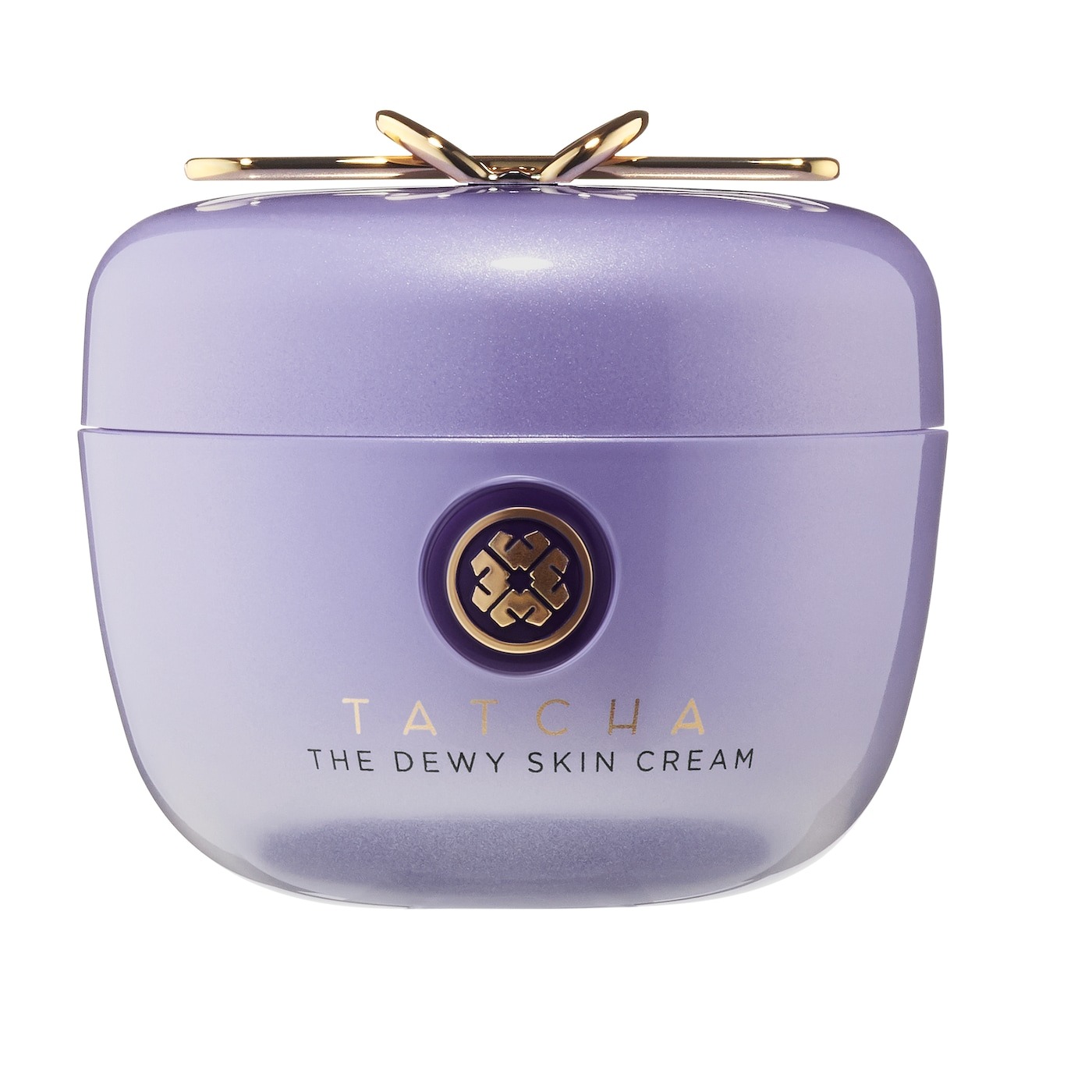
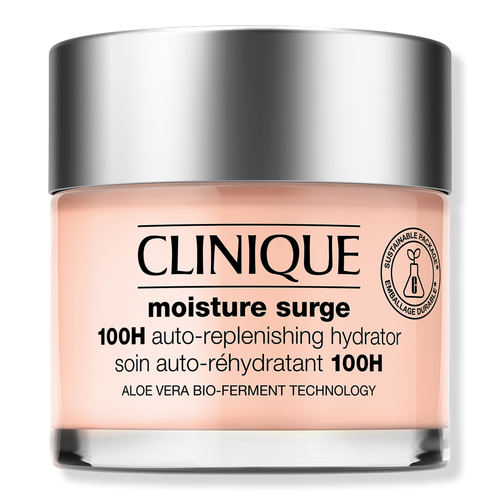
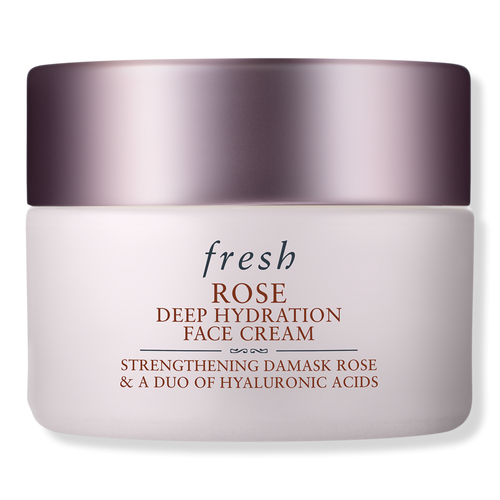
Next, From Bobs to Wolf Cuts—10 Hair Trends We'll See on Our Favorite Celebs This Year

 Landwebs
Landwebs 
























